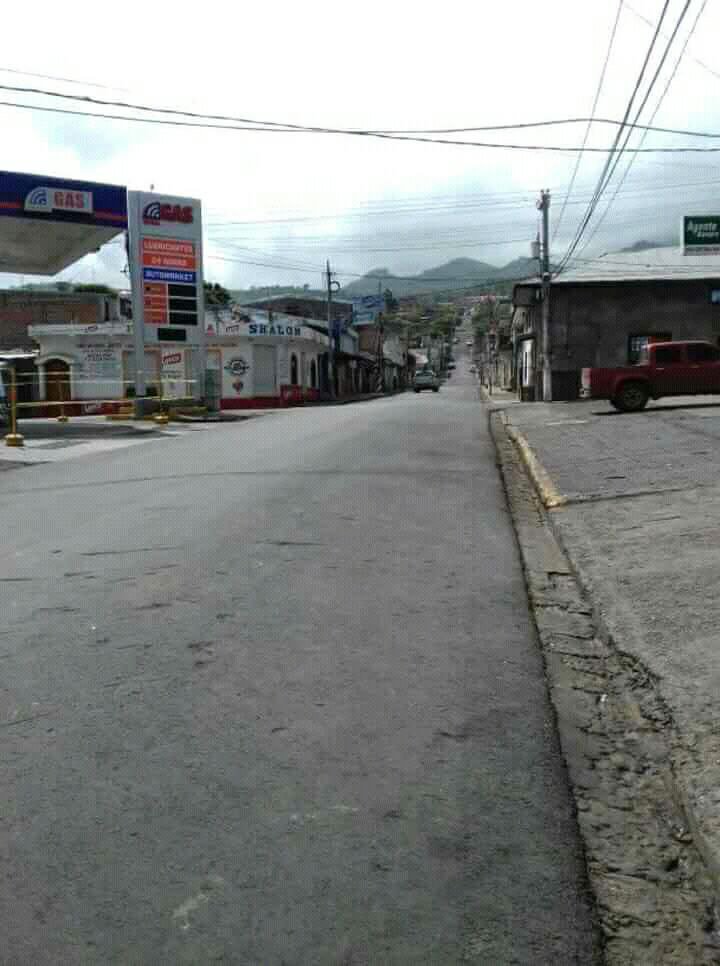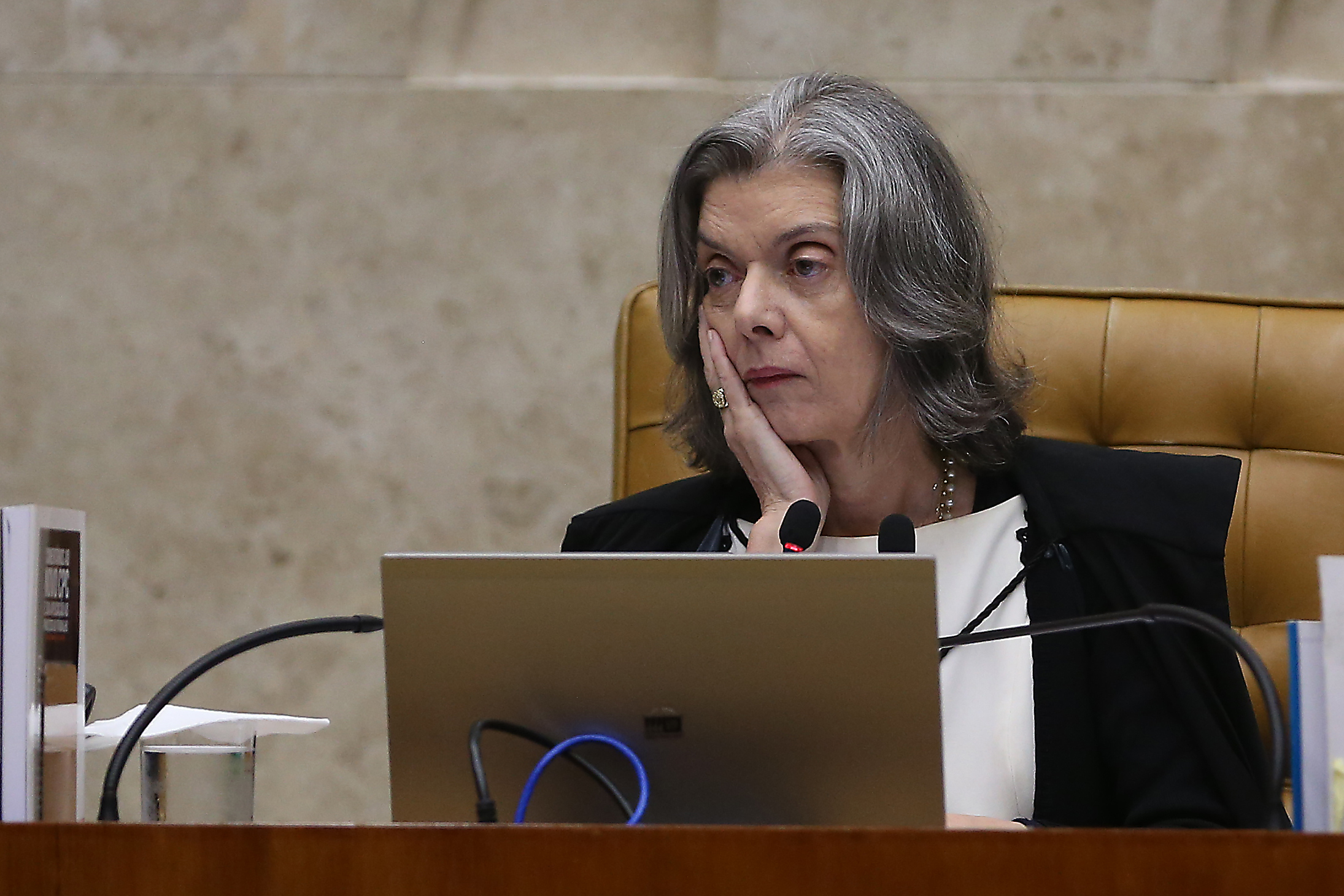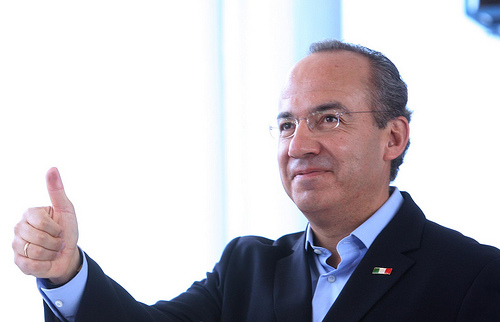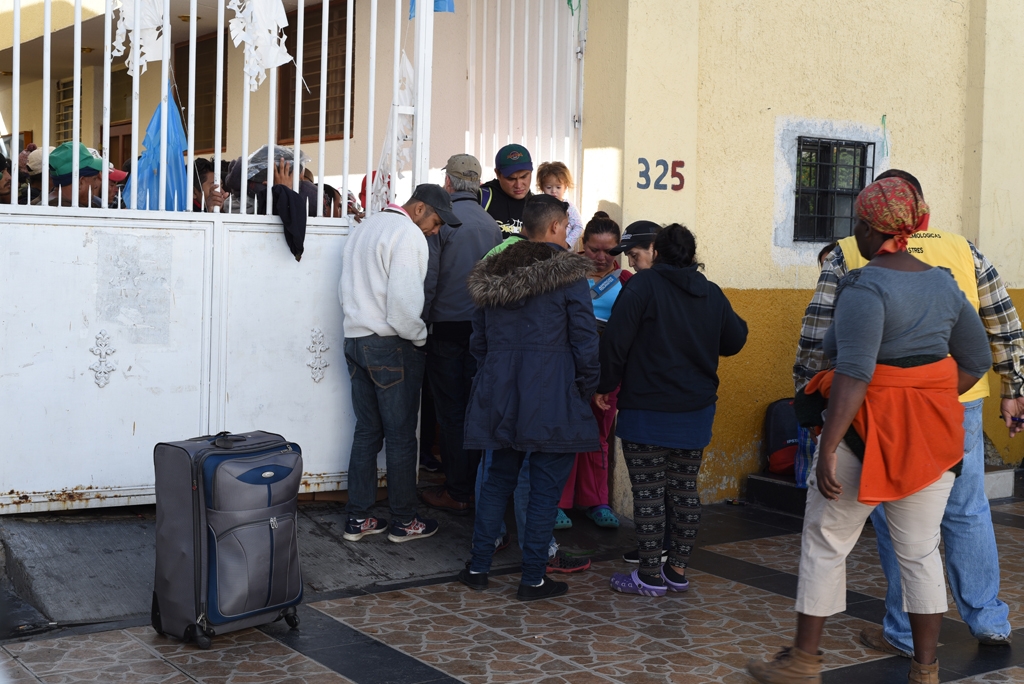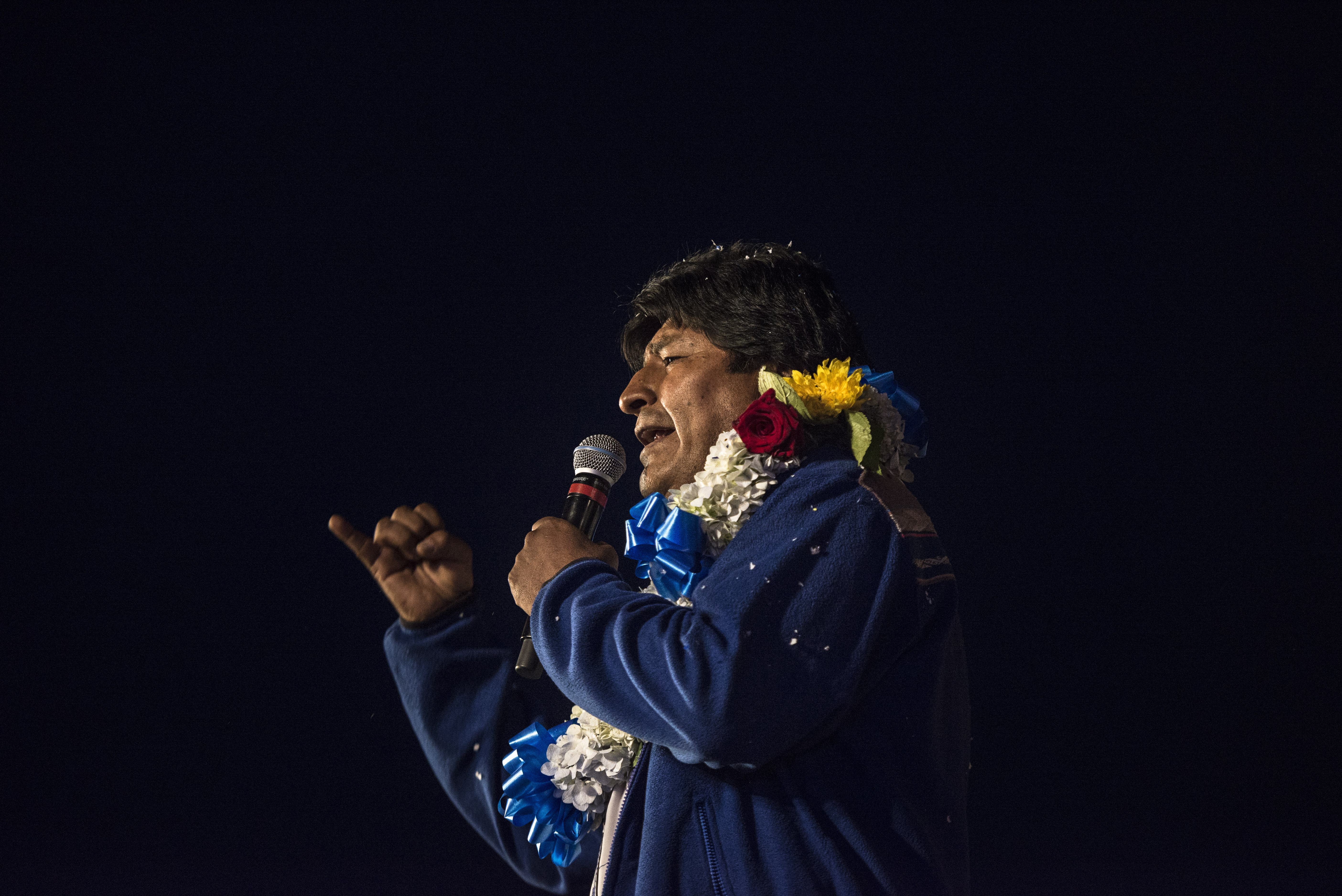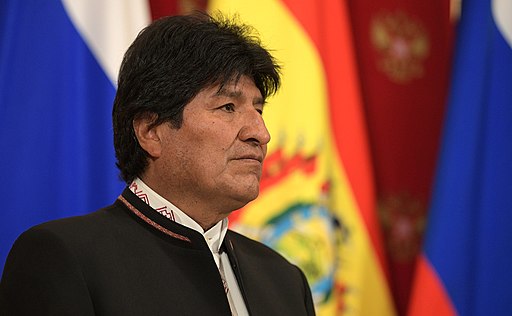
Latin America: Week in Review
Morales Decries ‘Coup’ Attempt While Bolivians Stage Protests
October 24, 2019 By Staff
TODAY IN LATIN AMERICA
BOLIVIA: Yesterday, Bolivian President Evo Morales has proclaimed victory in the presidential elections and alleged a “coup” against him as protests mount in the country over disputes as to whether he won against former President Carlos Mesa in the first round. Morales needs a 10% lead to avoid a runoff election in December, where he could be defeated by an opposition coalition. The vote count yesterday saw Morales with a 9.81% lead over Mesa, with only 2.58% of the vote left to count. The Organization of American States has recommended a second round of elections if the difference between candidates is not above 10%. Protesters decrying the election as rigged, as well as groups supporting Morales, are expected to continue to demonstrate throughout the country today.
Headlines from the western hemisphere
SOUTHERN CONE
BRAZIL: Oil workers at Brazil’s Petrobras plan to strike for higher wages, starting on Saturday. Twelve oil worker unions were represented in a joint statement released yesterday, which vowed to hold a general strike for a renegotiated contract. According to the statement, Petrobras’ annual raise fell below predicted annual inflation. Another group representing five different unions is also expected to join the strike.
ARGENTINA: The Buenos Aires Metro Sbase (Buenos Aires Subways) will sue the Madrid Metro for $15 million following the purchase of faulty subway train cars that contained asbestos, a known carcinogen. Madrid Metro sold 36 train cars to the city of Buenos Aires in 2011, under the administration of President Mauricio Macri. The train cars, manufactured in the 1970s before asbestos was banned, were purchased second-hand from Madrid Metro for 4 million euros. At least 11 subway workers have been diagnosed with pleural plaques in their lungs, a condition caused by asbestos.
CHILE: Chilean President Sebastián Piñera asked for forgiveness on Tuesday night, acknowledging that he and his government had failed to understand the anger about economic inequality in the country. Many other Chilean politicians issued apologies following the address. Piñera’s comments come after five days of protests and demonstrations, which left at least 15 people dead and 200 injured. During a televised address to the nation, Piñera proposed an increase in taxes for anyone earning more than $11,000 a month, an increase of $30 for low monthly pensions. The monthly minimum wage would increase from $413 to $481. Piñera instituted a state of emergency, and armed men in masks have been filmed attacking protesters defying the curfew. Michelle Bachelet, former Chilean President and current UN High Commissioner on Human Rights has called for investigations into the use of excessive force in the country. Protests are expected to continue.
CARIBBEAN
CUBA: The U.S. government will restrict the sale of commercial planes to Cuban state-owned airlines and deny future applications for airline leases under new sanctions announced against the Cuban government. The new sanctions were announced by the U.S. Department of Commerce last week as a move to punish Cuba’s support of President Nicolás Maduro in Venezuela. The U.S. government alleges that the Cuban government has been using leased aircraft to transport tourists and generate revenue. The new measure comes after a June round of sanctions that restricted travel to the island. Cuban President Miguel Díaz-Canel denounced it as “genocidal.”
HAITI: On Tuesday, Catholic priests led a surprising march across the capital Port-au-Prince as thousands peacefully marched alongside the church leaders. As Haiti experiences its sixth consecutive week of protests against President Jovenel Moïse, the Catholic sector called for a resolution for the violent crisis that has claimed over 20 lives and left over 200 people injured amid shuttered businesses and schools. Moïse has said that he will not resign even as the opposition calls for further protests.
CENTRAL AMERICA
EL SALVADOR: The United Nations is still unsure of its role in the newly established International Commission Against Impunity in El Salvador (CICIES), according to UN spokeswoman Birgit Gerstenberg. President Nayib Bukele created CICIES in early September to combat corruption and impunity in El Salvador. The Organization of American States backs the commission, and Bukele has asked the UN for its support as well. Gerstenberg stated that the UN is currently reviewing a report from the interdisciplinary technical assessment mission it sent to El Salvador in mid-September to review the commission. Though the UN has not formally agreed or declined Bukele’s request, Gerstenberg stated that she believes CICIES could work to strengthen El Salvador’s justice system.
NORTH AMERICA
BORDER: A Mexican migrant died in Border Patrol custody earlier this week hours after being apprehended by the agency and hospitalized in Arizona due to a pre-existing heart condition. A representative from the Mexican Consulate of Phoenix said border patrol agents apprehended the man on Sunday afternoon while he was suffering chest pains. He was then transported to a hospital, where he underwent emergency surgery and never woke up. The consulate is currently attempting to identify the man’s remains and locate his relatives.
MEXICO: The government of Argentina is seeking extradition of former Argentine spy Raul Martins from Mexico after Argentine prosecutors claimed he ran a criminal organization that sexually exploited women for nearly 30 years. Martins holds dual citizenship in both Argentina and Mexico and is currently facing multiple charges, including human trafficking as well as money laundering. Martins was arrested in Mexico in early October after a judge in Argentina requested his extradition from the country. Argentine prosecutors believe some public officials may have also been involved in his organization by either paying for sex with women or allowing sex trafficking to occur by granting permits to bars where the trafficking took place.
UNITED STATES: In an unexpected reversal of policy, U.S. Customs and Immigration Enforcement is withdrawing fines ranging from $300,000 to $500,000 against five immigrants currently living in church sanctuaries all over the country. ICE began issuing fines against migrants in sanctuary conditions in December of last year for “failing to depart the U.S. as previously agreed.” The notices were sent based on which cases were fulfilling court orders. Individuals were charged up to $500 per day they resided in the U.S. after being ordered removed from the country.

